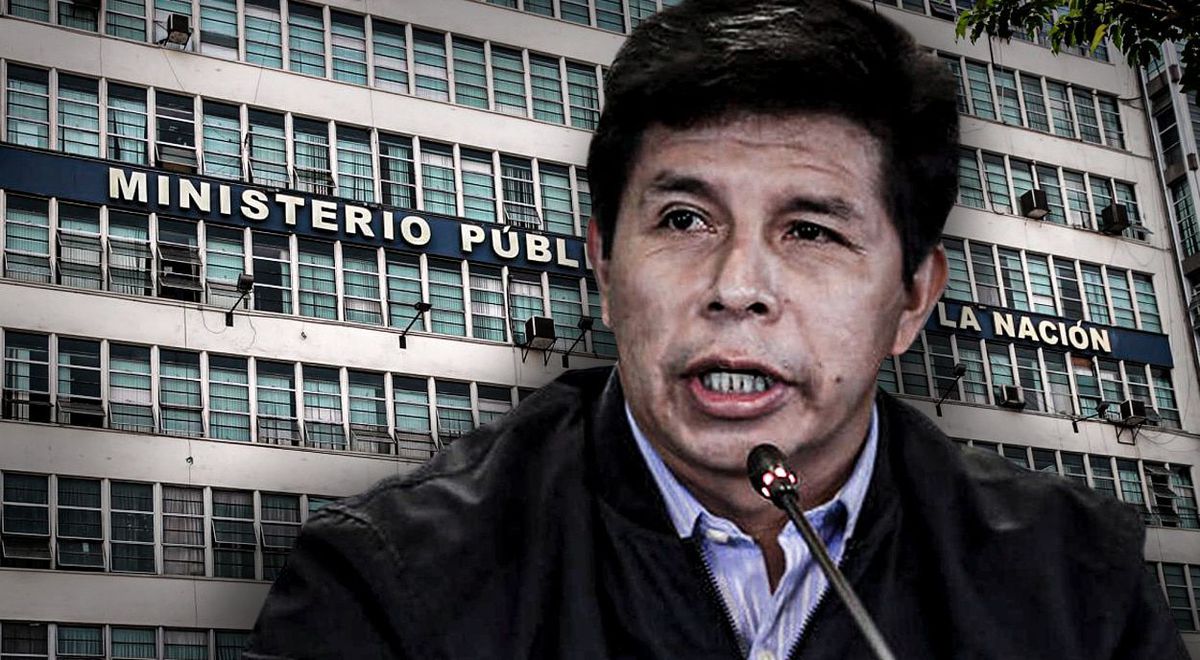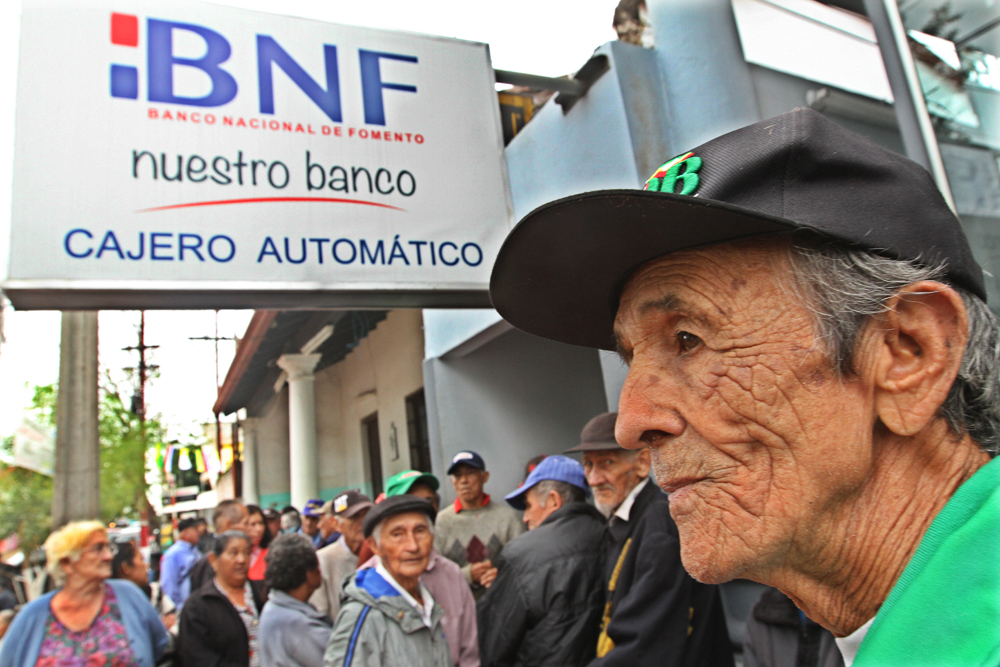About half of the citizens in the country believe that the president peter castle is involved in acts of corruption, according to the latest survey of national representation carried out by the Institute of Peruvian Studies (IEP), to which La República had access.
The study consulted the population from Thursday, October 13 to Wednesday, October 19, and has margins of error of 2.8 points above and below each result in its representation of the national situation.
About, 52% of Peruvians believe that Castillo is involved in acts of corruption. This is about half of the national population.
On the other hand, 29% of citizens believe that the head of state is not involved in corruption. In other words, slightly more than a quarter of the country considers that Castillo is out of corruption, despite the charges against him.
The perception that Castillo is involved in corruption it is more widespread among the better-off (from socioeconomic levels A and B) and among those from metropolitan Lima.
The appreciation that the president is not involved in corruption is more frequent among those in the southern provinces of the country.
Likewise, 53% of Peruvians approve that the National Prosecutor, Patricia Benavidez, has filed a complaint against Castillo for alleged criminal organization and other crimes. This is more than half of the country that agrees in that support for the head of the Public Ministry, who is investigating the president.
On the other hand, 38% of the national population disapproves that Benavides has denounced the head of state for these crimes. This is more than a third of Peru or about two-fifths of the citizens who are against this action of the Nation’s prosecutor against Castillo.
The constitutional complaint against the head of state that Benavides presented to Congress He argues that there are serious signs of corruption and gives impetus to new attempts to remove Castillo from the presidency of the Republic.
The approval of this step that Benavides took is more recurrent among the more affluent (levels A and B) and among those who live in the country’s capital.
The disapproval of filing this complaint is more recurrent among citizens of southern Peru, rural areas and the poorest (socioeconomic levels D and E).
Castle and Congress
65% of Peruvians disapprove of the way Castillo is leading his government and only 25% approve of it, a situation similar to the one detected last month by the IEP.
78% of citizens disapprove of the performance of the Congress and only 15% approve. This time, Parliament has reduced its disapproval somewhat since September.
Why don’t you lower (further) your approval?
Analysis by Patricia Zárate, head of Opinion Studies at the IEP
In a situation of crisis and instability, President Castillo’s approval remains unchanged. As we pointed out a few months ago, there is a 25% that over time has approved President Castillo’s management, despite the information provided by the media and despite the multiple complaints made by the president. Those who approve of the president, disapprove of the complaint made by the nation’s prosecutor, believe that one of the country’s main problems is corruption, however, they do not believe that the president is involved in it, rather some in that group related to the president believe that one of the problems is Congress and the fact that they do not let him govern. To the extent that some of the arguments that support this group are more ideological (they believe that the country’s problems are the monopolies, the economic model, the Constitution), their position will hardly change.
On the other side, two-thirds of the citizenry disapprove of the president, but they also disapprove of Congress, which is his main opponent. That is to say, on that other side there is no solid leadership that can arouse great citizen support. Let us remember that when asked less than a month ago by whom they felt represented, more than half said that by no one and the first mentions (low, but higher than the rest) were P. Castillo and A. Humala. As long as the situation remains this way, it will be difficult to find a consensus not only to remove the president but also to define what would be done next.
















